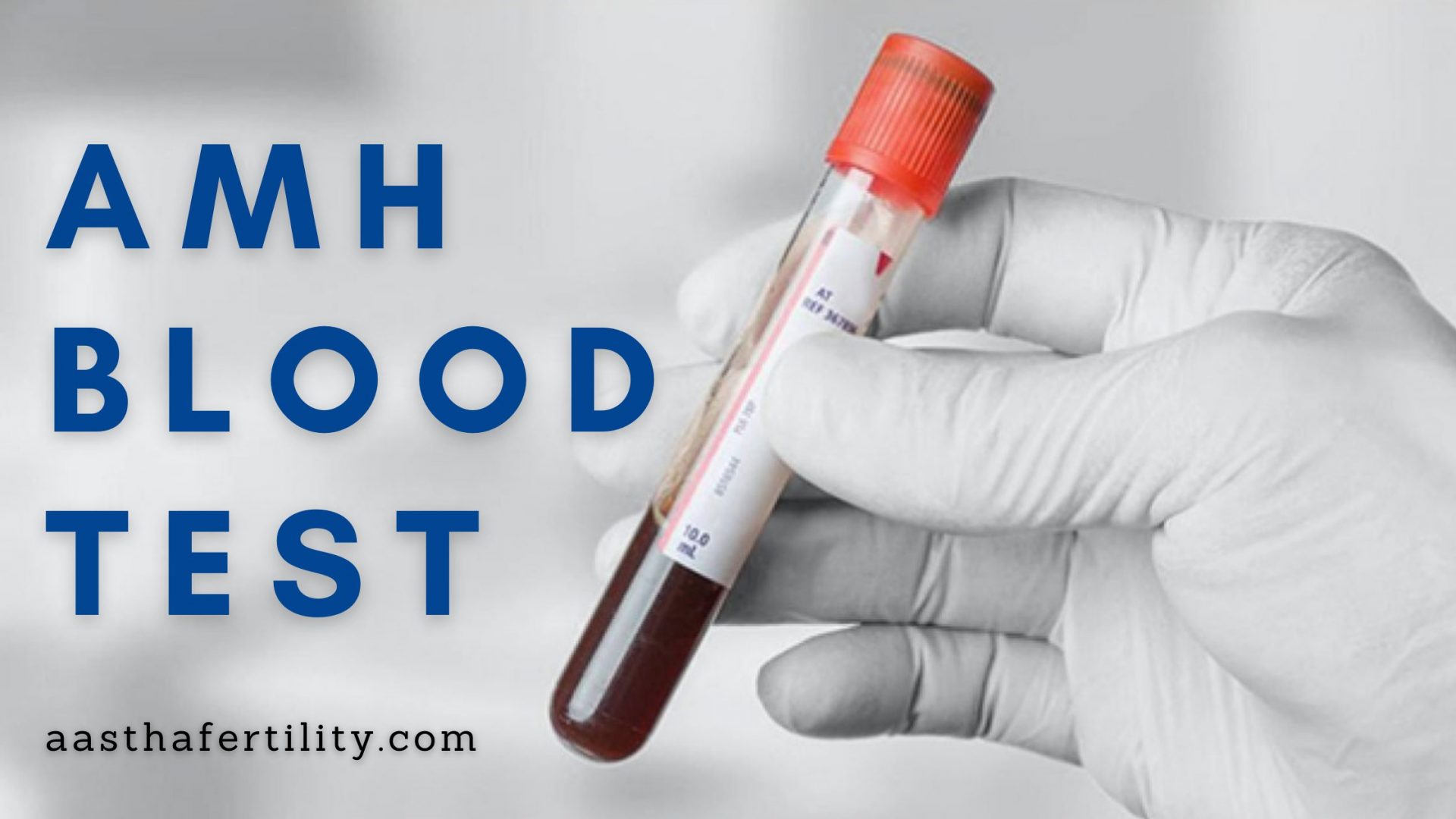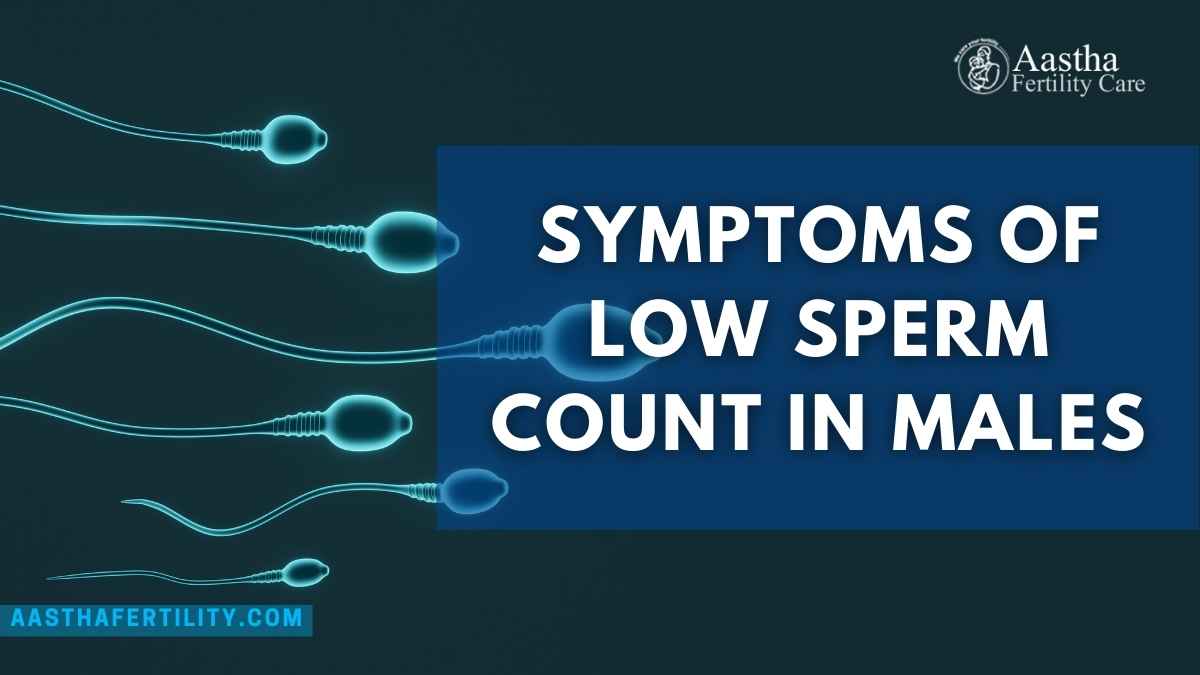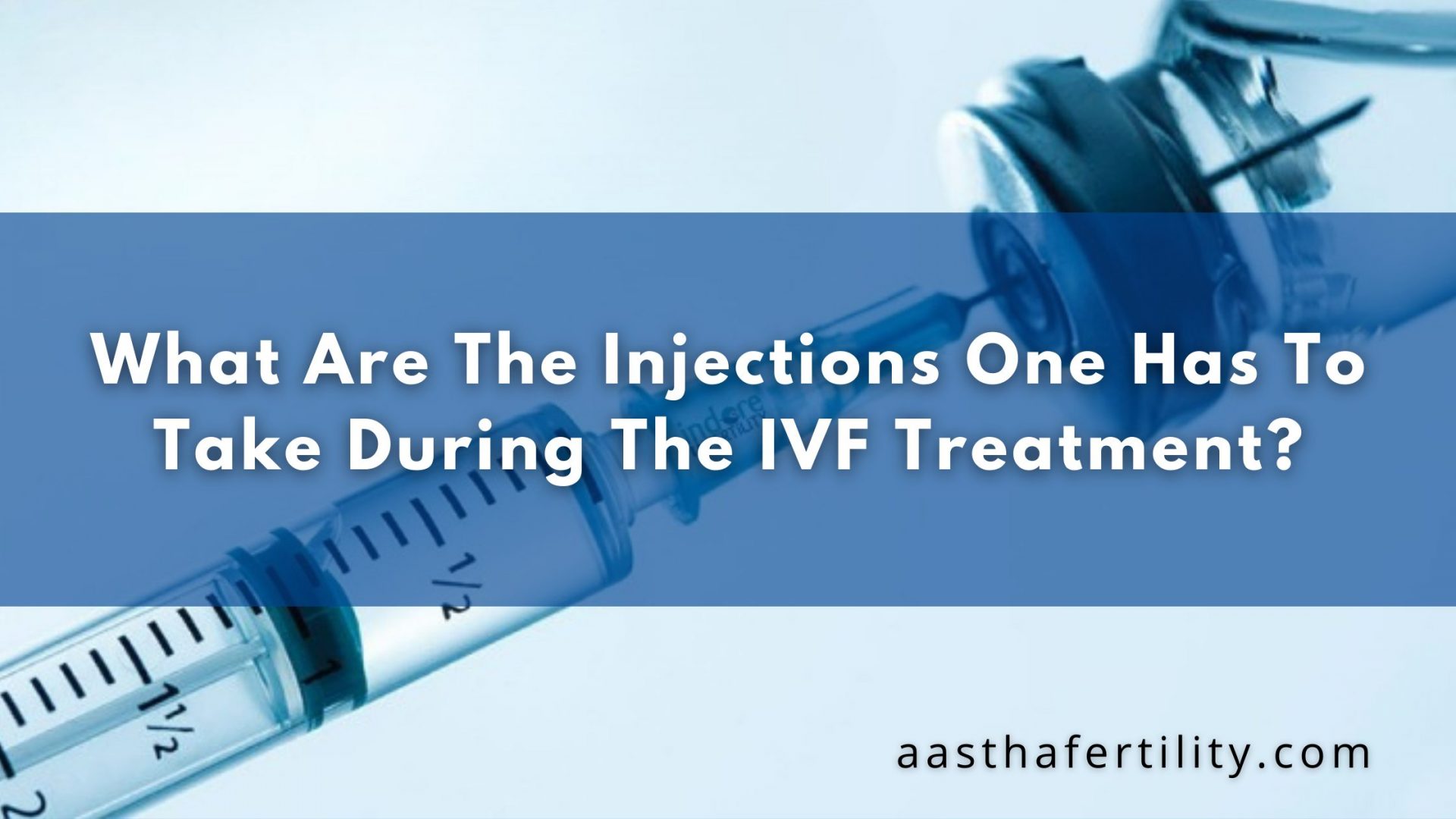Table of Contents
Toggle
AMH has a greater ability than any other hormone in your body to provide details regarding your reproductive health. This is because AMH is one of the top laboratory markers of ovarian reserve or the number of eggs in your ovaries. Yet, you don’t get any idea about the egg’s quality; instead, it reveals the eggs laid in your ovaries. By the time you hit adolescence, your body has around 100,000 oocytes (one ovarian cell); however, with time, these oocytes start to decline, and by the moment you become 40, you are no longer able to produce eggs.
Your AMH is not a predictor of your capacity to conceive now or in the later. However, gynecologist at prescribe AMH test before treatments such as egg freezing and in-vitro fertilization (IVF) and identify symptoms that may indicate premature menopause, PCOS problem and more. Some women have low AMH but regular periods. You are likely ovulating if you have a normal cycle, which is regarded as between 21 and 35 days. And if you are ovulating, pregnancy is feasible. Let’s check in detail about AMH and other essential facts.
AMH Throughout Women’s Life
The primary clinical use of AMH Test is for examining ovarian reserve in the diagnosis of infertility, hypogonadotropic hypogonadism, and premature ovarian failure.
During infancy, AMH levels rise. However, during puberty, a plateau is seen until age 25. Serum AMH levels correlate negatively with age beyond 25, indicating that AMH is only useful as a measure of ovarian reserve in women aged 25 and later.
Ovarian Reserve assessment
The purpose of ovarian reserve assessment is to check if your amount of viable eggs is average for women your age. In addition, it may screen out hormonal abnormalities that alter the menstrual cycle or signal a potential lack of response to reproductive medicine. So if tests reveal low AMH but regular periods, don’t worry about the chances of your pregnancy.

If you are 35 or older and unable to conceive for at least six months, your doctor may consider an ovarian reserve assessment. The tests monitor ovulation-related hormones and assess the number of follicles on the ovaries. Although the results of this test may provide useful information on when you should begin attempting to conceive, it cannot definitively determine how many reproductive years you have to remain. Always remember it is possible with low AMH but regular periods and still be pregnant.
Symptoms of Low AMH
Nobody is unaware of any physical manifestations of low AMH; thus, you cannot presume anything about your concentrations without examining them directly. However, low AMH may result in the following fertility and reproductive health problems:
- Shorter reproductive window: If a woman has low levels of AMH (lower than considered “normal” for her age group), this may imply that the period during which she can conceive (her reproductive window) is short.
- Diminished ovarian reserve (DOR): AMH levels vary from 0.5 ng/mL to 1.2 ng/mL in women with diminished ovarian reserve (DOR). A diagnosis of DOR indicates that you have lower eggs than what is typical for your age. In such circumstances, fewer reproductive years may be ahead (making establishing a family of the desired size more challenging), and egg freezing or IVF will not be as likely to succeed relative to somebody with a higher AMH.
- Primary ovarian insufficiency (POI): Primary ovarian insufficiency refers to undetectable AMH levels before 40 years of age. If your AMH test results indicate extremely low or undetectable levels of AMH, but you are less than 40, discuss POI with your healthcare practitioner. POI is known to have consequences for heart and bone health. (It is interesting to note that irregular menstrual periods do not usually accompany POI.)
Can You Get Pregnant with Low AMH & Regular Periods
Although low AMH can affect your overall reproductive window, it is still possible to conceive and have a healthy baby even if your egg production is below average for your age bracket. After all, conception only requires one healthy egg and sperm.
However, knowing your AMH levels before trying to conceive is crucial, particularly if you want to use IVF, IUI, ICSI, or another reproductive therapy. The Anti-Mullerian Hormone, or AMH, is the most accurate test to determine your possibility of becoming pregnant or the cause of your infertility.
Since low AMH levels might associate with a shorter reproductive window, it is essential to examine how this may affect your plans for having children. Both in terms of when you would want to begin having children or how many you do want.
Do You Need Assistance While Getting Pregnant with Low AMH & Regular Periods
Yes, fertility treatments may boost a person’s chances of becoming pregnant, but low AMH levels do not always indicate the need for treatment. If you have a normal menstrual cycle, it is very conceivable that you may conceive naturally. However, if you have erratic cycles (which may make becoming pregnant more challenging), you can discuss the following treatment options with your healthcare provider:
- Egg Freezing: Egg freezing enables the preservation of eggs for future use. And since frozen eggs do not age, their quality will remain like the day they originally were frozen. If you can afford to freeze your eggs, despite low AMH, regular periods may provide you with additional alternatives in the future when your AMH drops. Please remember low AMH may cause you to harvest and freeze lesser eggs, and your doctor may urge you to repeat egg retrieval and freezing many times.
- In Vitro Fertilization: The fertilization of egg and sperm in a lab setting using in-vitro fertilization (IVF), which subsequently involves transferring the developed embryo into the uterus, is another option. The first phase of an IVF cycle—which, incidentally, is the same starting point in the egg freezing procedure—may yield more eggs in persons with greater levels of AMH, but it may take longer cycles for those with lower levels of AMH to get the same number of eggs. The likelihood that you will have a healthy embryo to transfer increases with the number of eggs you harvest.
Conclusion
Neither High nor low levels of AMH decide your fertility level. Hence, it is always better to get a prenatal checkup so that you don’t face challenges while conceiving. If certain factors are causing problems in getting pregnant, Aastha fertility center is here to help you. Starting a family is easy since medical science and technology have greatly advanced. Visit Aastha Fertility and get all your fertility concerns resolved with our experts.
FAQ’s
1. Do the AMH levels signify a woman’s chance of conceiving immediately?
No. The AMH test cannot determine a woman’s present chances of becoming pregnant. This will rely on several other variables, such as the quality of the spouse’s sperm, the health of the fallopian tubes, and if menstruation is taking place. Moreover, AMH levels cannot identify any woman’s fertility.
Even in low AMH levels, natural conception is still possible, and Ovulation is essential to naturally begin pregnancy. If you have low AMH but regular periods are normal, your age rather than your AMH levels will determine how successfully you get pregnant. Furthermore, irrespective of your AMH levels, your AGE is perhaps the most accurate indicator of fertility.
Low AMH levels, though, can indicate that you’re racing against time to becoming pregnant and have to get treatment.
2. Can Low AMH Cause Irregular Periods?
Yes, Low AMH and irregular periods are possible. In some cases, the periods might stop.
3. Do I have high levels of AMH? Does it indicate better fertility?
No. Each month, you will ovulate one egg, just like everyone else. In certain circumstances, irregular menstrual cycles may be due to a high AMH level, and doctors often detect above-average AMH levels in polycystic ovary patients (PCOS). Under some conditions, this may decrease your chances of becoming pregnant. However, having a large number of eggs might be advantageous since it reduces the likelihood of early menopause. Additionally, it will increase your chances of success throughout IVF therapy.





Leave a comment